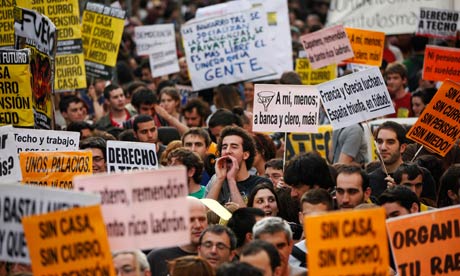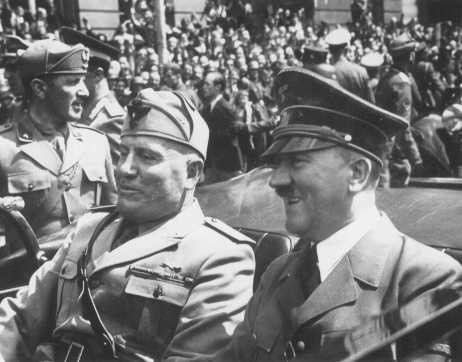'Americans
are from Mars and Europeans are from Venus," wrote Robert Kagan in "Of Paradise and Power," published in 2003, just as the U.S. went into Iraq.
Americans, he said, see "an anarchic Hobbesian world," where security and a liberal order depend on military might, while Europe is moving "beyond power into a self-contained world of laws and rules and transnational negotiation and co-operation."
A dozen years later, Europeans and not a few Americans have been asking how well Mars has been working out for America. But Americans and an increasing number of Europeans should also be asking how Venus is working out for Europe.
Not so well, is the obvious answer.
If America's economic growth has been sluggish, with high unemployment and withdrawal from the work force, most of Europe hasn't been growing at all, with unemployment, especially among the young, remaining high in much of the continent.
Europe's recoil against Mars and embrace of Venus is understandable. In the early summer of 1914 Europe seemed on top of the world, economically advanced, increasingly politically democratic, culturally confident.
Then Europe plunged into what turned out to be 31 years of horrifying war, political turbulence and economic depression. Europeans lost confidence in their civilization and have never fully regained it.
After World War II, the U.S. jump-started Western Europe's economies and provided a security guarantee against the Soviet Union through NATO. It encouraged first the Common Market, to join together the habitual enemies France and (West) Germany, and later the European Union.
In the quarter-century after 1945, Western Europe recovered, growing faster than the U.S., and drew closer to American standards of living.
Then, around 1970, Western Europe used its regained prosperity to finance leisure — fewer working hours, longer vacations, early retirements — while Americans started working longer hours and producing more.
With the fall of Communism in 1989-91 Europe's problems seemed solved. NATO and the EU could be, and were with considerable success, expanded east to include Soviet satellites and the three Baltic republics.
There seemed no need to fight wars or risk nuclear annihilation. No need to work very hard: The welfare state will provide. No need to have many children: Most nations' birth rates fell below replacement, leaving fewer workers to pay for welfare benefits in the then-distant future.Read the rest of Michael Barone's op-ed HERE.
If you like what you see, please "Like" us on Facebook either here or here. Please follow us on Twitter here.





No comments:
Post a Comment